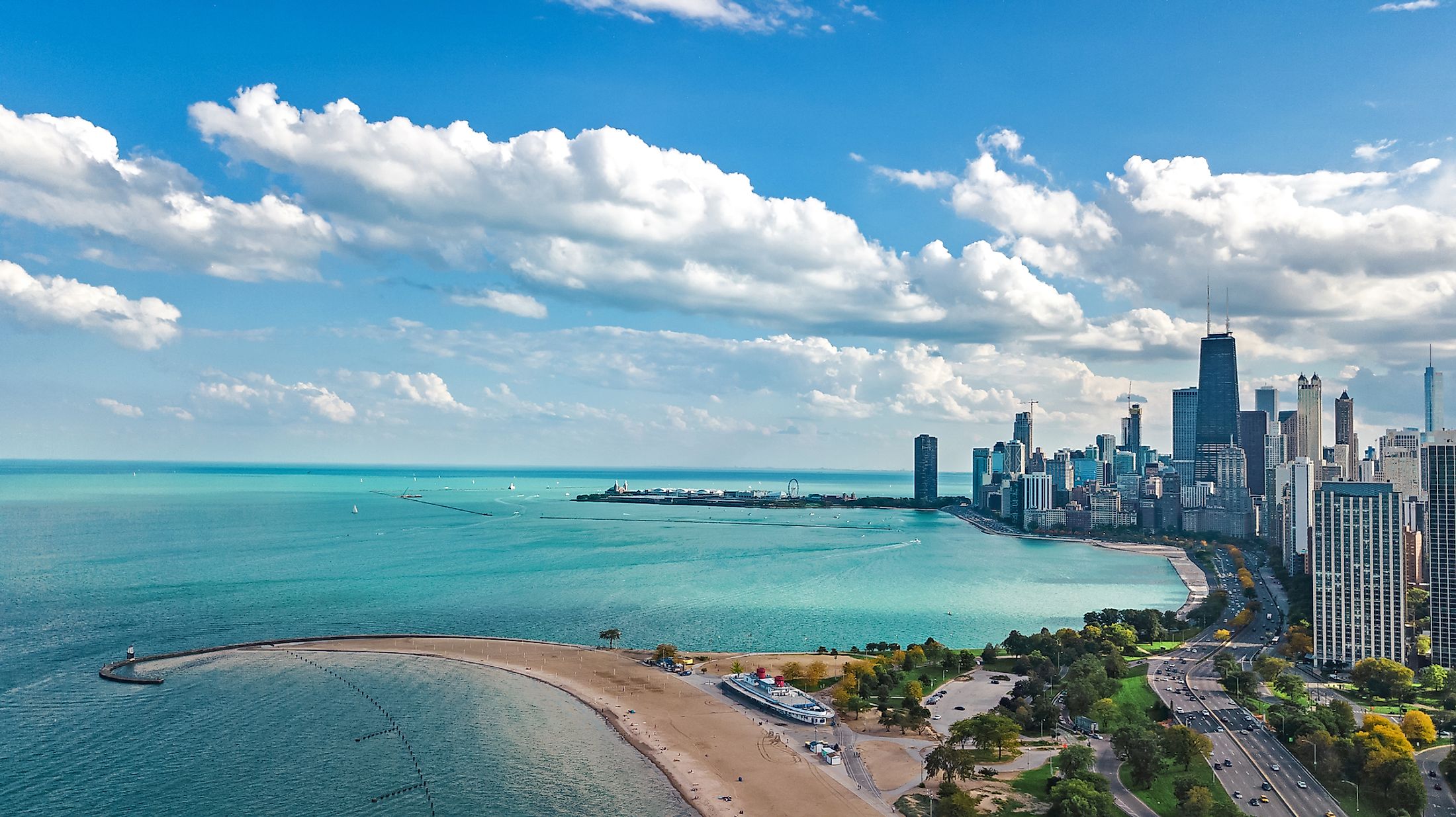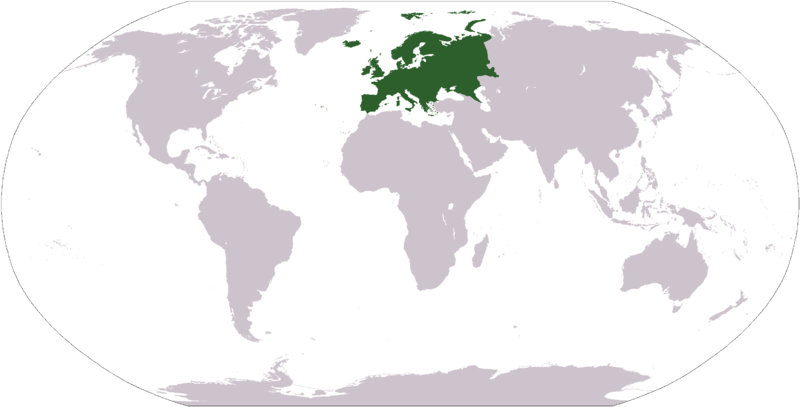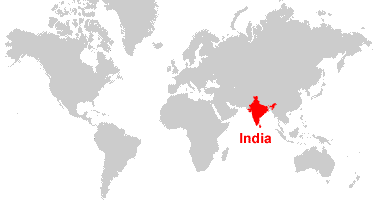Where does Chicago's name come from?
Native American word for "striped skunk" or "stinky onion".
What is a creation story?
A story or legend about how something such as the earth or nature was created.
In which region did Native Americans build homes out of clay (called adobe)?
Desert Southwest
What does the term "Columbian Exchange" refer to?
The transfer of plants, animals, people, and diseases between the Old World and the New World after Columbus's arrival.
What is "identity"?
The qualities and traits that make a person who they are.
What does cultivate mean?
To grow something, such as a crop.
What does "migrate" mean?
To move from one place to another.
What is the largest continent?
Asia
What is the largest ocean?
Pacific
Name one tribe that lived in the Chicago area.
Potawatomi, Ojibwe, Chippewa, Miami, Ottawa
What do oral histories reveal about Native American cultures?
They often reveal values and traditions of a tribe.
Great Plains
What were the "Old World" and the "New World"?
The Old World refers to Europe, Asia, and Africa, while the New World refers to the Americas.
What is a "stereotype"?
A widely held but oversimplified and inaccurate belief about a group of people.
What does "nomadic" mean?
A lifestyle characterized by moving from place to place, often to follow food sources.
What does "origin" mean?
The beginning or start of something.
Which lake is Chicago next to?

Lake Michigan
How did Native Americans first arrive in the Americas?
They crossed the Bering Land Bridge from Asia into North America during the Ice Age
What did the 1833 Treaty of Chicago do?
Caused Native American tribes in the Chicago area to move west of the Mississippi River.
In exchange, the tribes received $1 million dollars and left their homeland.
Why did Native Americans rely on oral history?
Their languages were generally not written down.
Why did different Native American tribes develop different types of dwellings?
Native Americans lifestyles and cultures were shaped by the environments they lived in.
Why did 90% of Native Americans die after European contact?
Because they were exposed to diseases like smallpox and measles, for which they had no immunity.
How are Native Americans typically portrayed in media (movies, TV, etc.)?
They are often shown using outdated or inaccurate stereotypes, such as being “savages” or only living in teepees. Being people of the past and wearing feathers.
What does "indigenous" mean?
Refers to the original inhabitants of a place, like Native Americans in North America.
What does kinship mean?
 The longest river in the US. Native Americans were often sent west of this when moved due to treaties.
The longest river in the US. Native Americans were often sent west of this when moved due to treaties.
The Mississippi River
Which continent is shown below?
Europe
What are some ways that Chicago has been influenced by Native Americans? (Name at least 2)
-The name "Chicago" comes from indigenous languages.
-Many roads in Chicago today follow tribal paths of Native Americans
-Indigenous people's day is celebrated
-Many museums exist in the city to educate about Native culture.
-Annual traditions such as the Powwow celebrate Native culture.
What do creation stories tell us about the way Native Americans viewed animals?
Animals are typically seen as helpers or teachers. Creation stories show us that Native Americans valued animals.
Where do most Native Americans live in the US today?
West of the Mississippi River
1492
How do stereotypes impact Native Americans?
They can harm their identity and the way they see themselves. Can lead to false assumptions about Native Americans.
What does "assimilate" mean?
To become part of a larger culture.
What does misconception mean?
A false or untrue idea.
What is the largest state in the US?
Alaska
Name the continents of the world.
Asia, Africa, Europe, Antarctica, Australia, North America, South America
Why did many Native Americans move back into cities like Chicago beginning in the 1950s?
The Indian Relocation Act
The US Government wanted Native Americans to leave reservations and move back into cities to assimilate to US culture.
Do all tribes have the same creation stories and oral histories? Why or why not?
Tribes each have their own creation stories and oral histories which reflect their unique values, environment and way of life.
In which region did Native Americans craft totem poles?

Pacific Northwest
Name one positive and one negative effect of the Columbian Exchange.
Positive: Introduction of new crops like potatoes and corn to Europe. Negative: Spread of diseases that decimated Native populations.
Give an example of a way that Native tribes today maintain their identities and culture.
Navajo - solar energy
Cherokee - language preservation through phones
Potawatomi - cooking traditional recipes
Lakota Sioux - preserving bison herds
Hopi - Kachina dolls
Pueblo - teaching pottery
What is a reservation?
An area of land set aside for use by Native Americans.
What does "sovereignty" mean?
Being in control, having authority/power
What is the capital of Illinois?
Springfield
What is the most populous country in the world?
India - 1.4 billion people